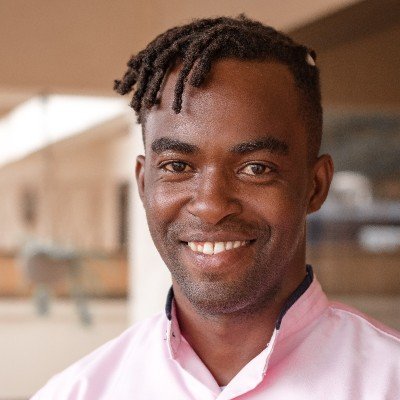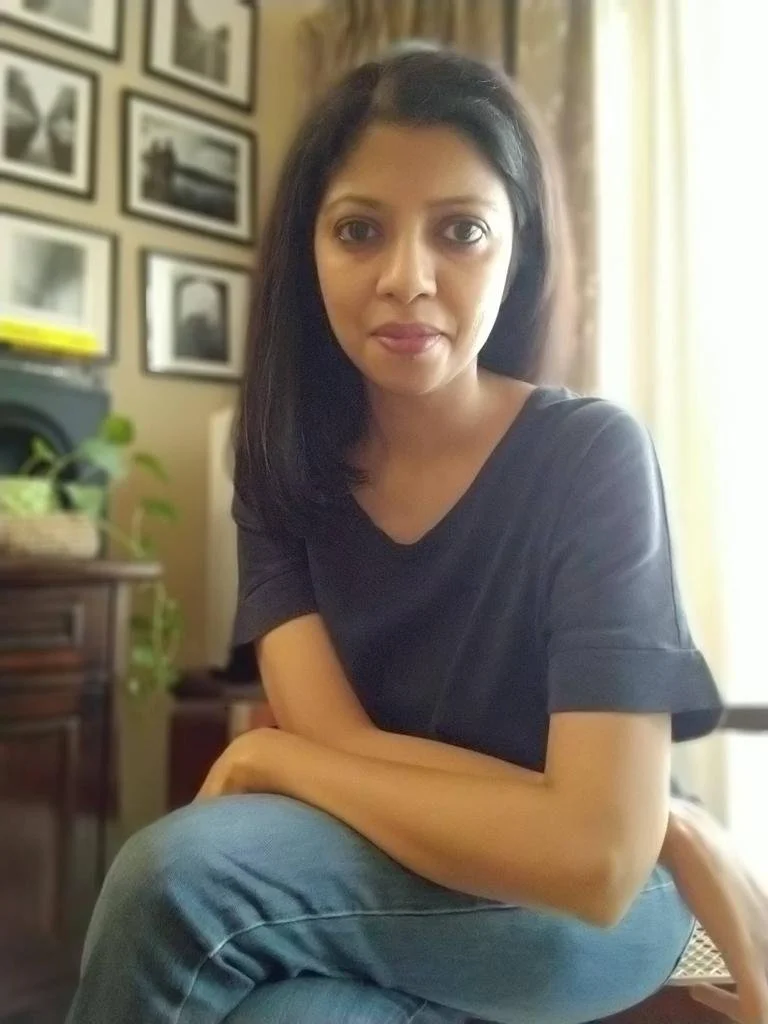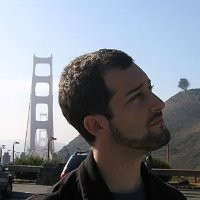Eshban Kwesiga, Global Fund for Community Foundations (Uganda)
The world today is seeing a global assault on both rights and the efforts of civil society. Even in established democracies, the right to protest is under attack. However, within Colombia's corridors, civil society finds itself embraced with newfound warmth in the form of the decriminalizing of abortion and the arrival of an administration that includes its first black woman Vice President. Hosting the #ShiftThePower Summit in Bogotá, Colombia could set the tone for reimagining relations between governments and civil society around the world.
In the broader narrative on international development, Latin America has frequently been relegated to the background, with its voices often fading into obscurity. Central to Latin America's overlooked narratives is the place of its Black population on the discourse surrounding development in the region. Organizing a global summit in Latin America sets the stage to shed light on the Afro-Latinx struggle against negative racial stereotypes, restricted educational and employment opportunities, instances of police brutality, housing segregation and inadequate media representation.
In recent years, the Afro-Latinx movement has gained momentum in its aim to address these issues and to celebrate the diversity of Latin America's population. Unlike the more visible racial equality struggles in "the West", the fight for racial equality in Latin America remains relatively obscured from the global spotlight. Even today, the struggles of “the West” are the most visible. Hosting the Summit in Bogotá, where Afro-Colombian heritage is deeply rooted, the world can start to form an enriched understanding of the resilience, innovation, and stories of these often-overlooked communities. As the curtain rises and the Summit is laid upon Bogotá's shoulders, the #ShiftThePower movement takes on a dual role: that of both the artist and the canvas.






















